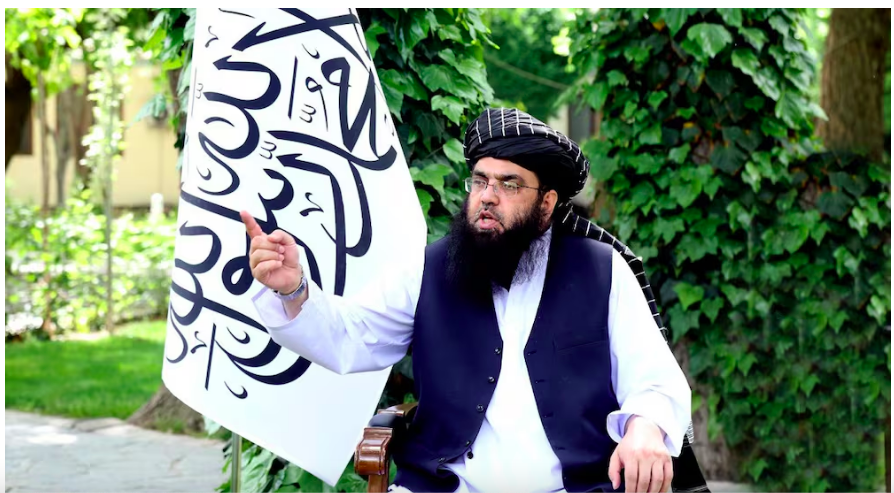The Taliban has carried out the first major cabinet reshuffle since retaking Afghanistan to consolidate power in a fractured movement and weaken the once-feared Haqqani Network, intelligence sources have told The National.
The group downplayed this week’s appointment of Maulvi Abdul Kabir as acting prime minister “in order to ensure there are no obstacles and delays in the affairs of the administration”, after they said leader Hasan Akhund, 78, would be taking time off to “rest due to an illness”.
While the announcement was portrayed as a simple bureaucratic move, Mr Kabir is a powerful force in the administration.
Believed to be in his early 60s, he was the last prime minister of Afghanistan before the fall of the Taliban regime as the US invaded in 200 and he played a key role in the Doha talks with the US about their withdrawal. He is understood to have considerable influence with the Taliban’s supreme leader Haibatullah Akhundzada.
He is also linked to several terrorist attacks, including the 2007 attack on the Afghan parliament that killed 50 people, including five MPs. He is under UN sanctions and reportedly has ties to Afghanistan’s lucrative drug trade.
“The promotion is a reward for his loyalty to Haibatullah,” said one former security official. “We should expect to see more such appointments where those obedient to Haibatullah are rewarded.”
“Haibatullah Akhundzada has gone with [Mr Kabir], who was part of the Taliban during Mullah Omar’s time in the late 1990s up until 2001,” said Kabir Taneja, a fellow at the Observer Research Foundation.
“This way, Akhundzada is keeping both intra-tribal issues in check and also protecting powerby not allowing the ‘newer’ power brokers in Kabul,” he added.
Read full article on The National
